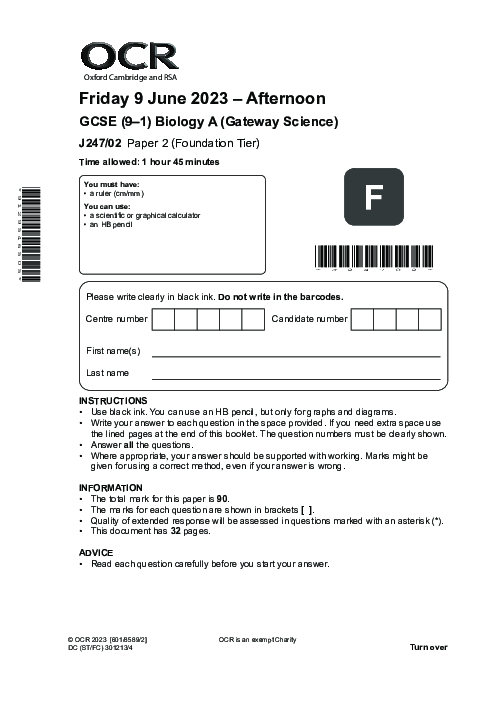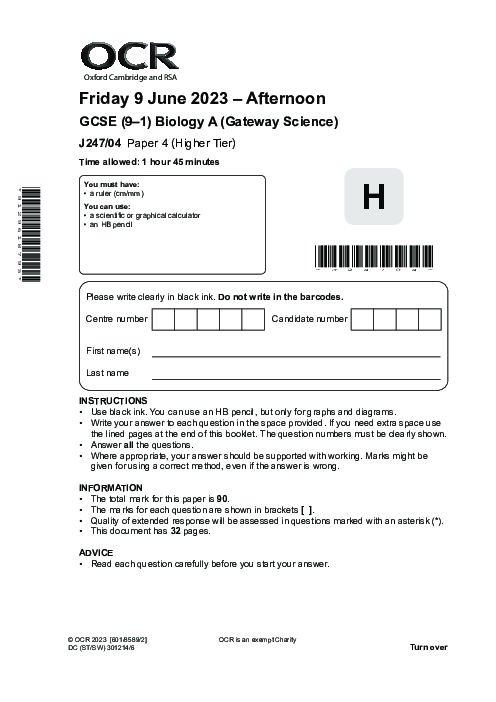Human fetuses have a different form of haemoglobin to adults.
When a baby is born, a gene called BCL11A produces a protein that switches off the production of fetal haemoglobin.
Sickle cell disease affects adult haemoglobin but not fetal haemoglobin.
Scientists are trying to treat sickle cell disease by targeting the BCL11A gene.
How could this new treatment for sickle cell disease work?
1 )
Disabling all the ribosomes in the cells to prevent protein synthesis
2 )
Genetically engineering cells by inserting extra copies of the BCL11A gene
3 )
Making sure that the translation of the BCL11A gene continues after birth
Preventing the BCL11A gene from being expressed, so that transcription of the fetal haemoglobin gene continues
تحلیل ویدئویی تست
منتظریم اولین نفر تحلیلش کنه!











